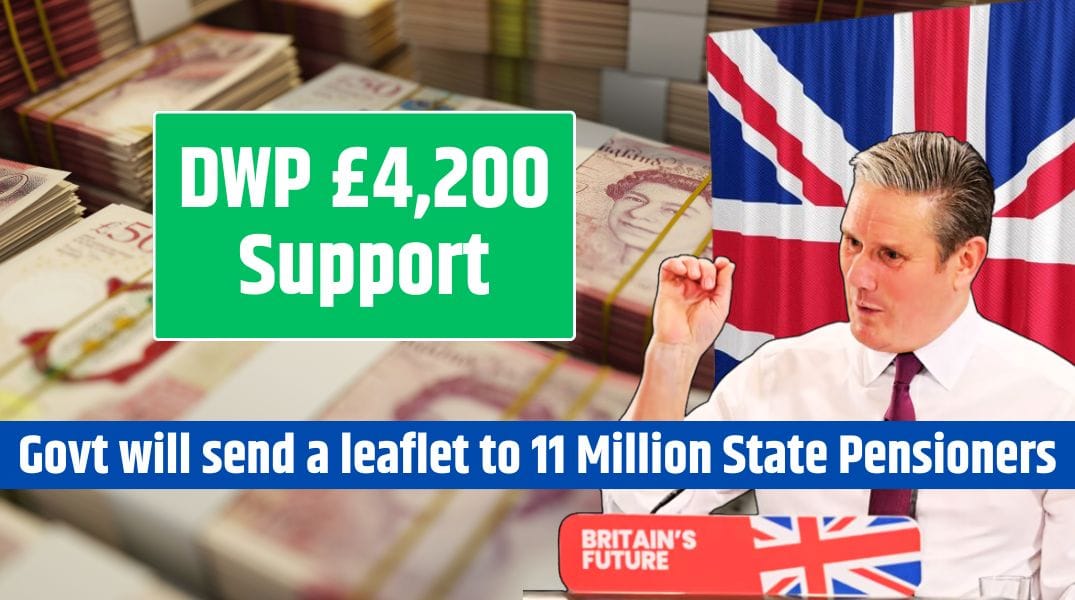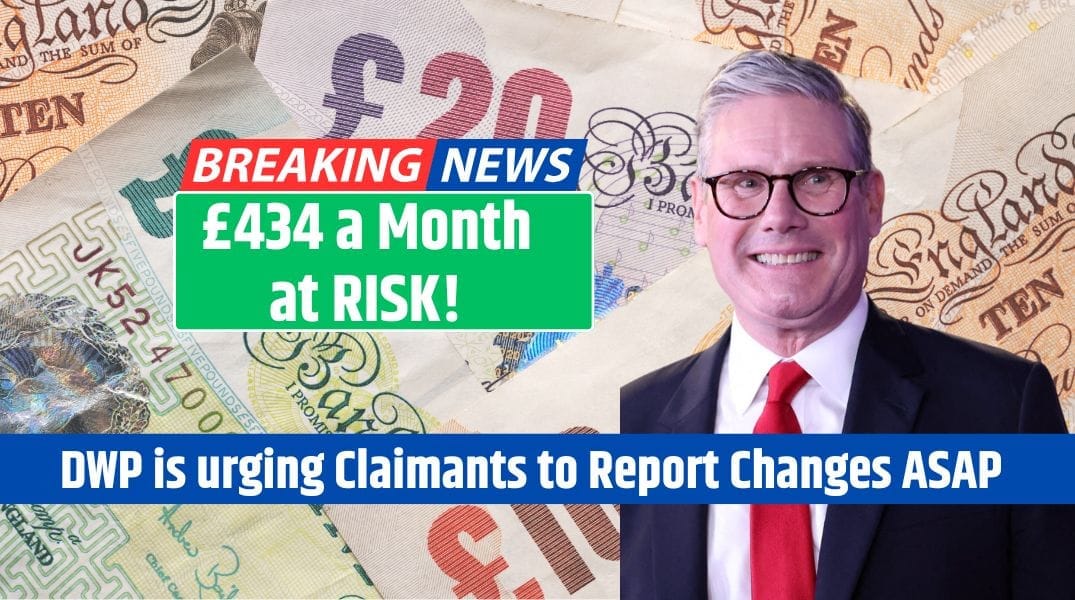Personal Independence Payment (PIP) has been a critical financial support system for disabled people and those with long-term health conditions in the UK. Recently, the government has proposed reforms that could replace cash payments with vouchers or one-off grants. While aimed at modernizing welfare, these changes have raised concerns among recipients and advocacy groups. This article unpacks what these reforms entail and provides practical tips for navigating them.
Changes
The proposed changes to PIP include:
- Vouchers: Recipients might receive vouchers for specific costs like groceries or transportation instead of cash.
- One-Off Grants: Lump sum payments could be provided for major expenses such as home adaptations.
- Receipt-Based Reimbursements: Claimants may need to pay upfront for items and submit receipts for reimbursement.
- Catalogue-Based Support: A system allowing recipients to choose aids and appliances directly from a catalogue.
While these changes are still in the consultation phase, they signal a potential shift in how PIP is delivered.
Rationale
The government intends to make welfare support more targeted and efficient. According to the Department for Work and Pensions (DWP), vouchers and grants could better meet individual needs and reduce misuse. Additionally, simplifying eligibility criteria and reducing administrative complexity are seen as steps toward a sustainable system.
However, these changes also come with challenges. Critics argue that limiting financial flexibility through vouchers could make it harder for recipients to manage diverse and unexpected expenses.
Impact
These proposed changes could significantly affect how PIP recipients manage their finances. For instance:
- Reduced Flexibility: Vouchers might not cover all essential costs, such as unexpected repairs or family needs.
- Increased Bureaucracy: Reimbursement systems could involve lengthy processes, creating stress for claimants reliant on timely payments.
Many recipients use PIP for essential living expenses, from groceries to utilities. A move away from cash payments might compromise their ability to allocate resources effectively.
Preparing
If you are a PIP recipient, it’s essential to take proactive steps:
- Stay Updated: Follow updates from the DWP regarding the proposed reforms.
- Engage in Consultations: Share your feedback during the consultation period to ensure your concerns are heard.
- Seek Advice: Consult welfare rights advisors or disability organizations for guidance.
- Plan Finances: Consider how a shift to vouchers or reimbursement systems might affect your budgeting.
Considerations
While the government’s goal is to modernize support, the impact on claimant independence and financial management cannot be ignored. Active engagement from recipients and advocacy groups will be vital in shaping a system that balances efficiency with fairness.
The consultation process is ongoing, and your voice matters in influencing how these reforms unfold. Stay informed, plan ahead, and seek support to navigate any potential changes effectively.
FAQs
What is PIP?
PIP is a benefit for people with long-term disabilities or health conditions.
What changes are proposed for PIP?
Replacing cash payments with vouchers or one-off grants is being considered.
How might vouchers affect claimants?
Vouchers could limit financial flexibility and choice for recipients.
When will these changes take effect?
The changes are still under consultation with no confirmed dates.
How can PIP recipients prepare for changes?
Stay informed, engage in consultations, and seek financial advice.

















